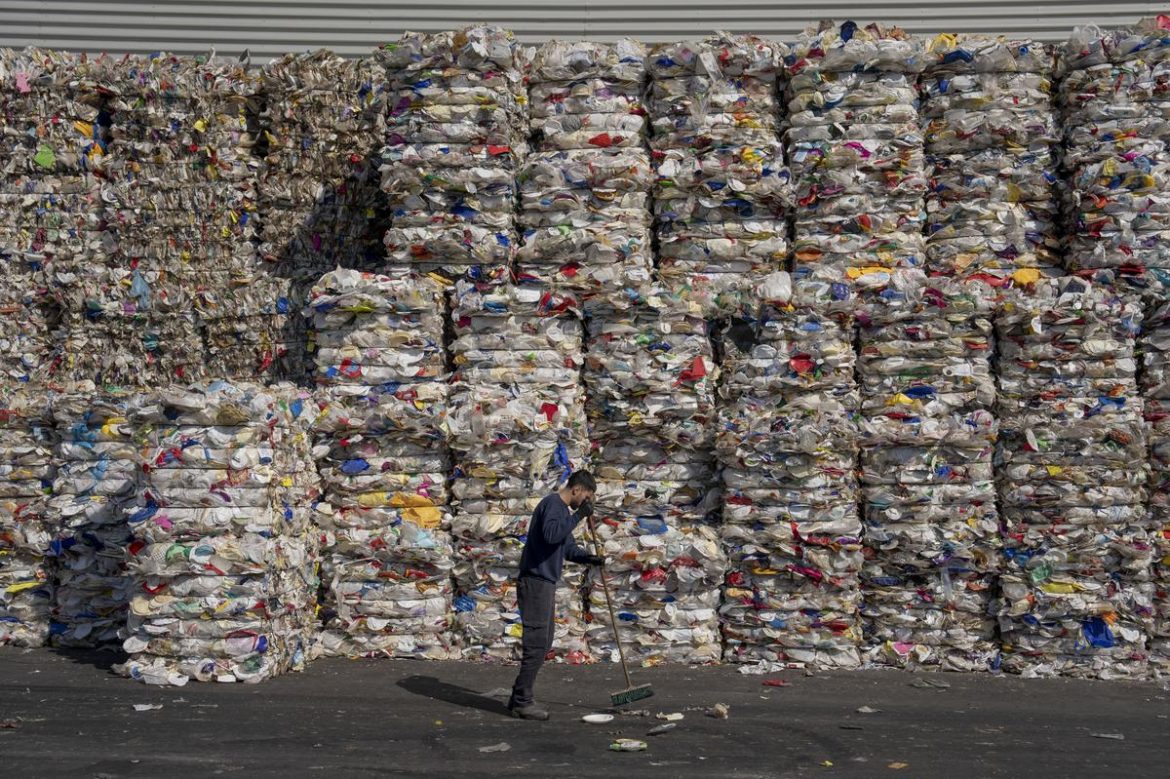A new research has shown that despite tougher worldwide regulations, polluting single-use plastic production rose globally by 6 million tonnes per year from 2019 to 2021 as producers made “little progress” in tackling the menace and boosting recycling.
The vast amounts of waste buried in landfills or dumped untreated in rivers and oceans make single-use plastics one of the world’s most pressing environmental threats, with the manufacturing process also a major source of climate-warming greenhouse gas.
According to Plastic Waste Makers Index by Australia’s Minderoo Foundation, while growth has slowed recently, the production of single-use plastic from “virgin” fossil fuel sources is still nowhere near its peak, and the use of recycled feedstocks remains “at best a marginal activity”.
Read also: Environmentalists advocate recycling to combat flooding
“Make no mistake, the plastic waste crisis is going to get significantly worse before we see an absolute year-on-year decline in virgin single-use plastic consumption,” it said.
The report says Exxon Mobil and China’s Sinopec top the list of global petrochemical companies producing virgin polymers used in single-use plastics, while the latter leads the way when it comes to building new production facilities over the 2019-2027 period with more than 5 million tonnes of annual capacity planned and Exxon Mobil followed with around 4 million tonnes.
Around 137 million tonnes of single-use plastics were produced from fossil fuels in 2021, and it is expected to rise by another 17 million tonnes by 2027, according to the researchers.
Story was adapted from Reuters.
